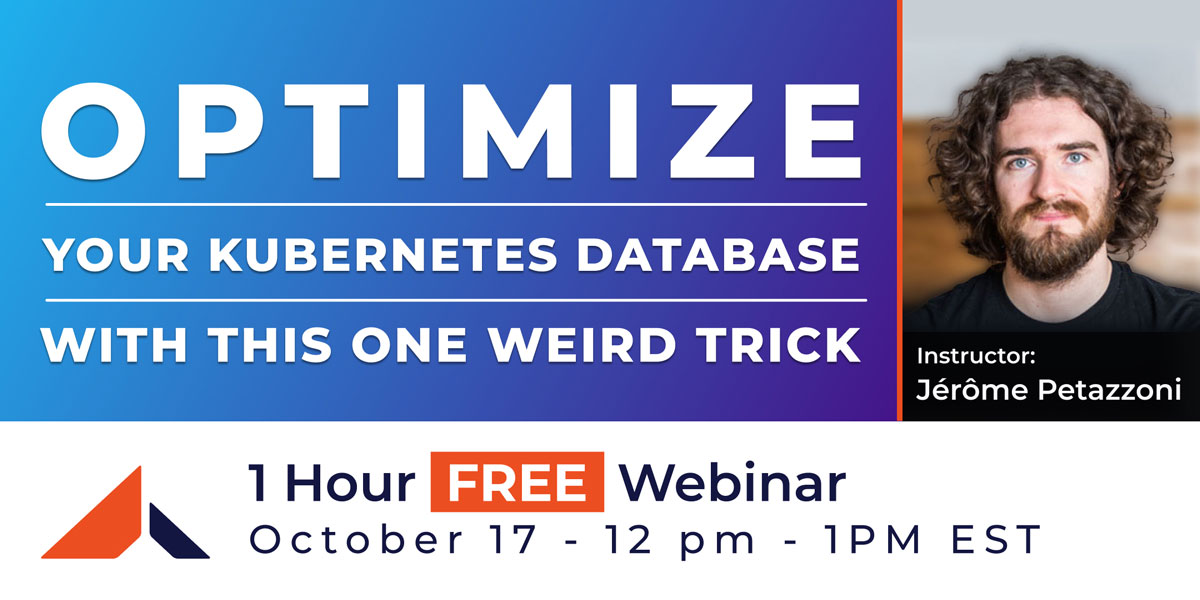The digital age is awash with promises of instant, transformative solutions, often encapsulated in catchy, click-inducing phrases. Among these, the claim of "this one weird trick doubles joi database efficiency seriously" stands out, presenting a potent blend of intrigue, hyperbole, and technical aspiration. Such a declaration, particularly one targeting a crucial component like database performance, warrants a deeper look beyond the surface appeal to understand its implications, the underlying technical realities, and the linguistic tools employed to amplify its message.
Editor's Note: Published on October 26, 2023. This article explores the facts and social context surrounding "this one weird trick doubles joi database efficiency seriously".
The Enduring Allure of the "Weird Trick"
The phrase "this one weird trick" has become a pervasive meme in online content, signifying a secret, counter-intuitive, yet remarkably effective solution to a common problem. Applied to database efficiency, it taps into a universal developer desire: to achieve significant performance gains without extensive refactoring or complex architectural overhauls. Databases, serving as the backbone of nearly all modern applications, are constantly under pressure to perform faster, scale larger, and consume fewer resources. Any suggestion of a simple, overlooked method to dramatically improve their operation resonates deeply within the tech community, often sparking immediate curiosity and, at times, skepticism.
"In the realm of software development, the quest for efficiency is perennial. When a claim of 'doubled efficiency' emerges from a 'weird trick,' it simultaneously excites and cautions the experienced engineer. It signals a potential breakthrough but also triggers an inherent demand for rigorous proof and practical context."
Dissecting the "Joi Database" Conundrum
To fully appreciate the claim, one must first address the "Joi database" component. Joi is widely known as a powerful schema description and data validation library for JavaScript, commonly used in Node.js environments to ensure data integrity. However, Joi itself is not a database. This immediately suggests a potential mischaracterization or an indirect relationship. It's plausible the "trick" pertains to optimizing how data validated by Joi interacts with an underlying database, or perhaps how Joi's validation processes themselves impact the overall efficiency of a system that uses a database. The ambiguity inherent in "Joi database" forces a broader interpretation, pushing the focus from a specific database technology to the broader ecosystem of data handling and persistence within a Joi-centric application.

